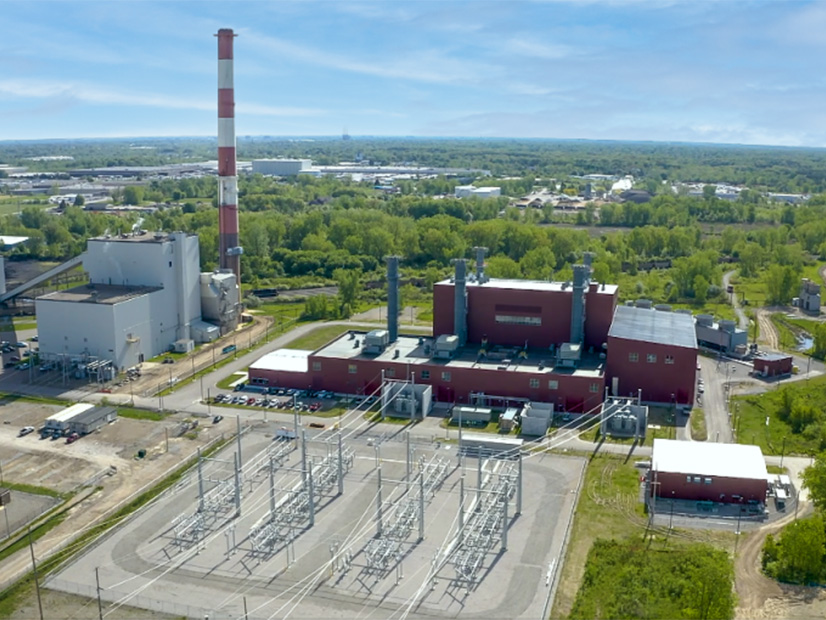
LANSING, Mich. — One of the state’s largest municipally owned utilities, the Lansing Board of Water & Light, said last week it will invest $750 million in renewables, storage and natural gas generation over the next decade and pledged to be carbon neutral by 2040.
The utility plans to add 658 MW of renewable energy and storage and at least 110 MW of natural gas. Its current portfolio has a nameplate capacity of 581 MW. It closed its last coal-fired plant in 2022, becoming the largest coal-free utility in Michigan.
“This is the largest planned growth in BWL’s nearly 140-year history,” General Manager Dick Peffley said in a statement.
The plan will add 2.5 to 3% to customer bills.
The clean energy projects are expected to be complete between 2025 and 2027, and include 160 MW of battery storage; 65 MW of local solar; 195 MW of additional solar outside of the Lansing region; and 238 MW of wind outside of the Lansing region. The projects were selected from among 96 offers totaling 8,330 MW in response to its “all source” request for proposals.
The utility also said it will continue its energy efficiency efforts and add demand response programs.
The electric storage facility could provide as much as 16% of the 1,000-MW storage capacity called for in Michigan’s MI Healthy Climate plan, an outsize contribution for a utility that has 100,000 electric customers and serves 6% of the state’s load.
BWL received $12 million from the Michigan Public Service Commission for the construction of 10 MW of solar and 40 MW of four-hour battery storage at Delta Energy Park, the former site of the coal-fired Eckert Power Station, which was retired in 2020.
Delta also will be the site for a new 110-MW reciprocating internal combustion engine (RICE) gas plant by 2026. BWL also called for “a possible additional gas plant at a location to be determined later dependent on future load requirements and regional energy regulations.”
The projects and estimated costs “are still under negotiations with the proposed developers and are subject to change pending contract agreements,” the utility said.
When all the new generation projects are online, a company spokesperson said, BWL will generate nearly twice as much electricity as it does now.
“Once implemented, this will bring BWL’s total generational portfolio to around 58% renewable and reduce our carbon footprint by 75% compared to 2005,” Peffley said.
The utility says the additional power generation could help attract new businesses to the capital region and also could allow for sales of excess power to other utilities.
BWL provides power to several major corporate customers, including several large General Motors plants, along with state government and residential customers in Ingham, Eaton and Clinton counties. Michigan State University, in East Lansing, generates its own electricity, though most of the rest of the city is serviced by BWL.
In addition to gas-fired plants, BWL also has two wind sites and four solar sites.



